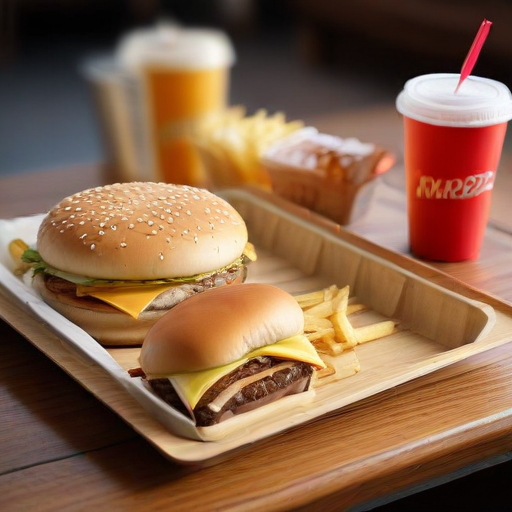McDonald’s introduction of a $5 meal deal is expected to generate a modest profit margin for the fast-food giant, estimated between 1% and 5%. This translates to roughly $0.05 to $0.25 profit for each bundle sold, according to restaurant analyst Mark Kalinowski. The initiative aims to attract consumers feeling the pinch from inflation, encouraging them not only to purchase the meal deal but also to buy additional items once they are inside the restaurant.
However, the profit potential is influenced by several variables, including the costs associated with ingredients, labor, and overhead expenses. Arlene Spiegel, president of the consulting firm Arlene Spiegel & Associates, noted that while the meal deal is designed to draw customers, its profitability is questionable.
Approximately 95% of McDonald’s locations are franchise-owned, meaning each owner sets prices and manages their own costs, such as rent, insurance, and taxes. This situation complicates the potential for profit, as franchisees often rely on promotional offers like the $5 meal deal to offset overhead costs. Despite its intent, Spiegel labeled the offer more of a “loss leader,” implying that while it may increase foot traffic, it does not guarantee profits for franchisees.
In conclusion, while McDonald’s $5 meal deal might help revive in-store traffic amid economic challenges, the financial benefits may be limited for individual franchise operators, who face significant costs that could negate any profits.
This situation highlights the broader trend in the fast food industry, where companies must find innovative ways to entice customers while balancing rising costs. As consumers navigate economic uncertainties, promotions like these can serve as essential strategies for brands aiming to maintain customer loyalty and drive sales.
